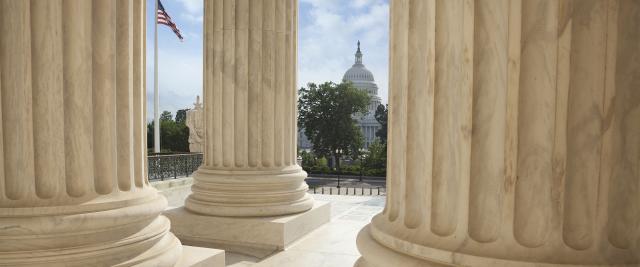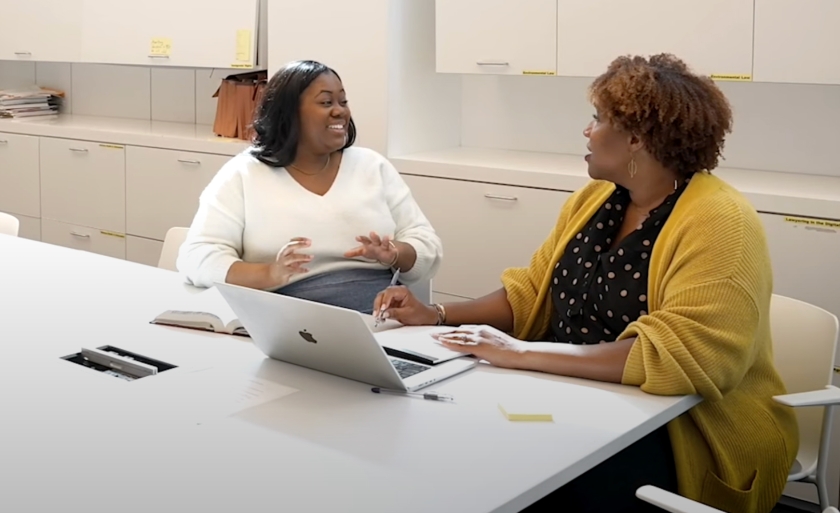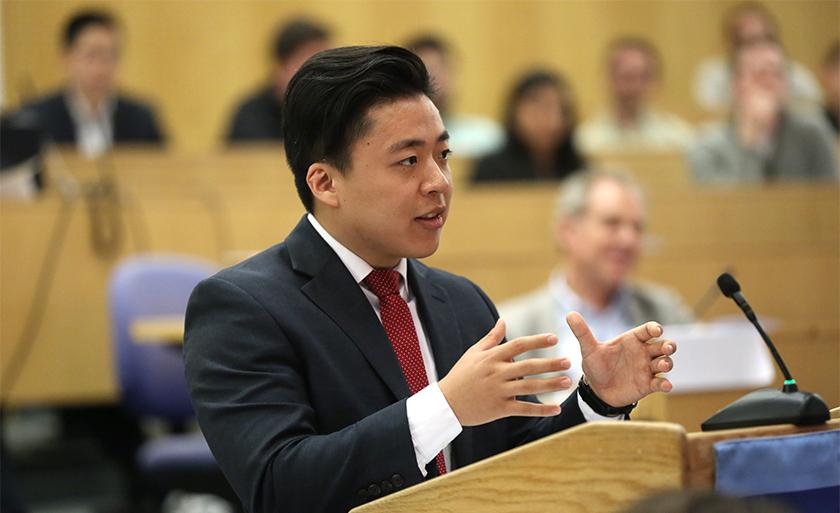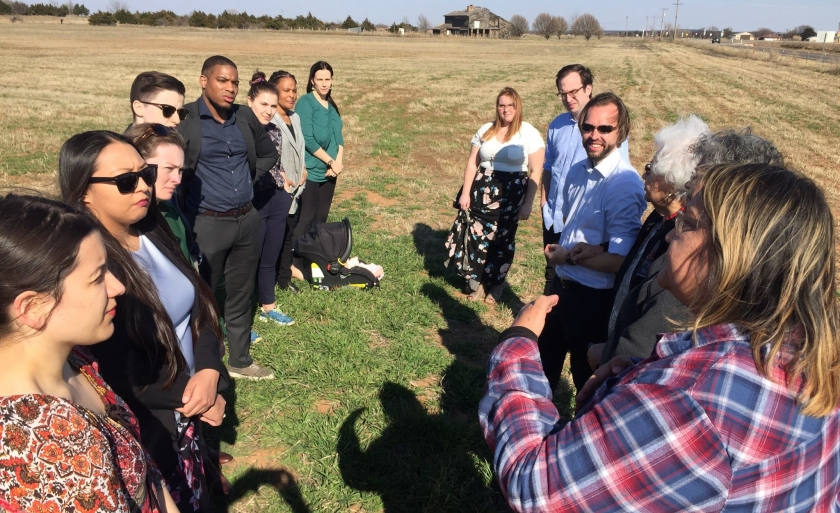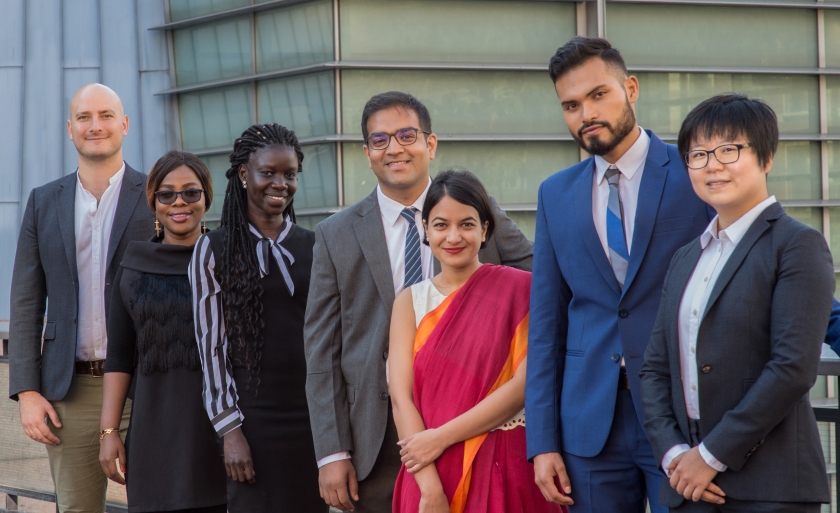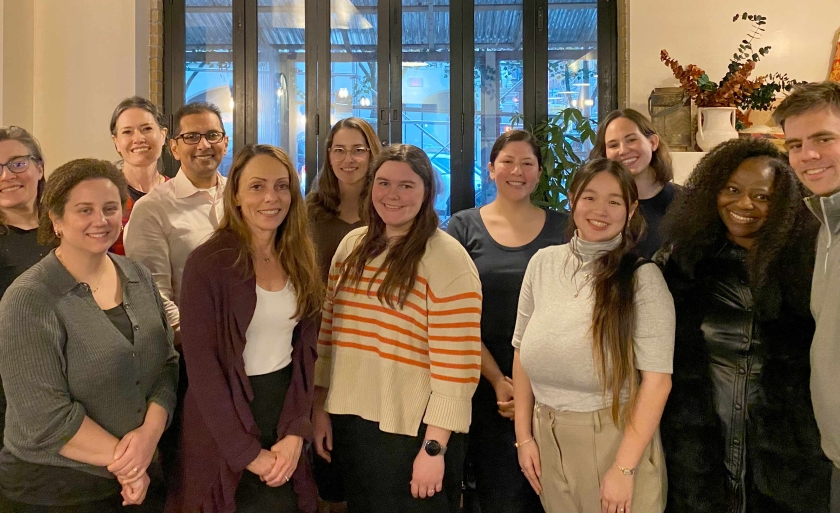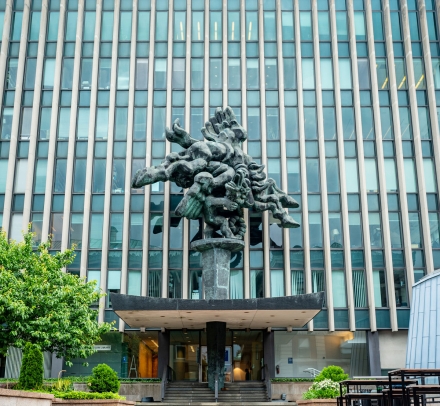Develop your knowledge and gain hands-on lawyering skills through the Law School’s extensive opportunities tailored to work on behalf of individuals, groups, and governments to ensure justice and advance the general welfare. The Law School offers a wide range of public interest and public service opportunities—inside the classroom and beyond—to support you on your individual pathway.
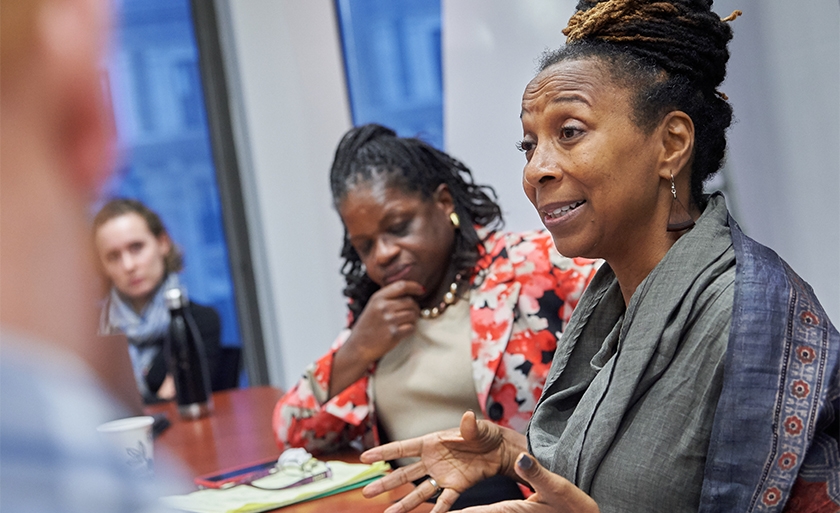
Faculty and Courses
Columbia’s world-class faculty exemplify the Law School’s mission to nurture bright, inquisitive, well-rounded attorneys who will not just carry on the “good fight,” but also do so from positions of leadership. Take courses and seminars on timely issues taught by world-renowned scholars who put their ideas into practice as well as skill-building classes and courses on innovative approaches to advocating for social justice and legal change.
